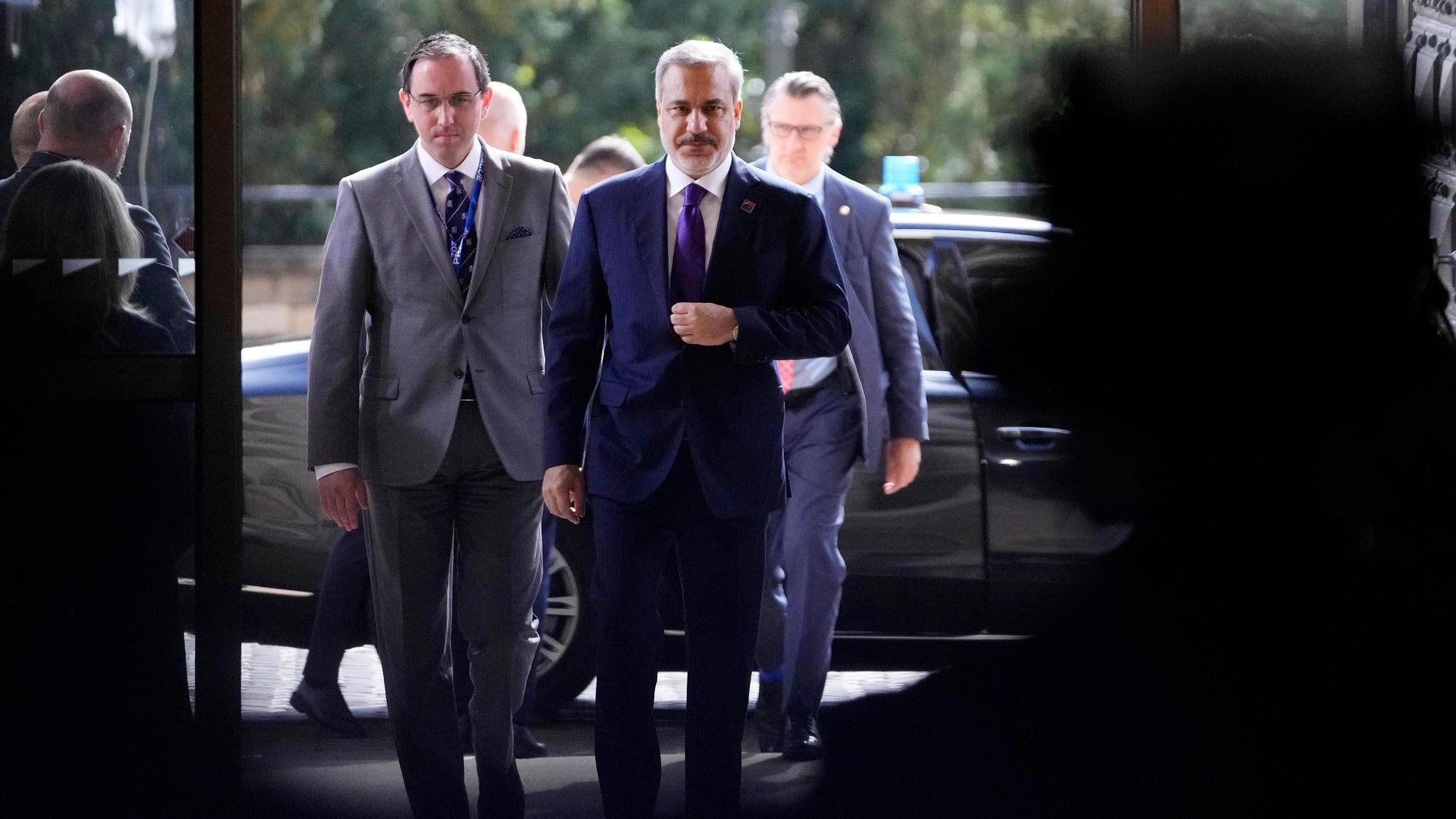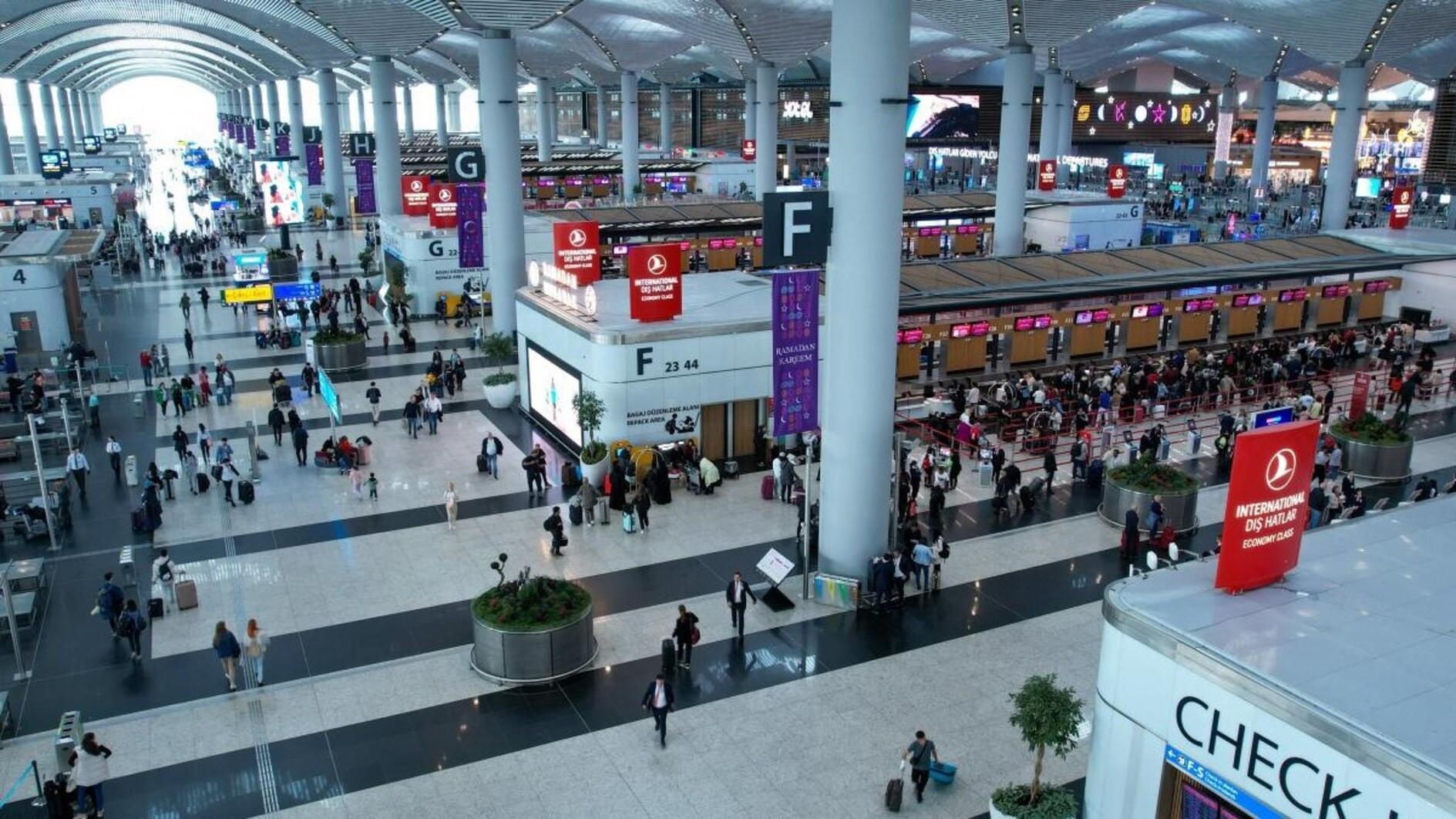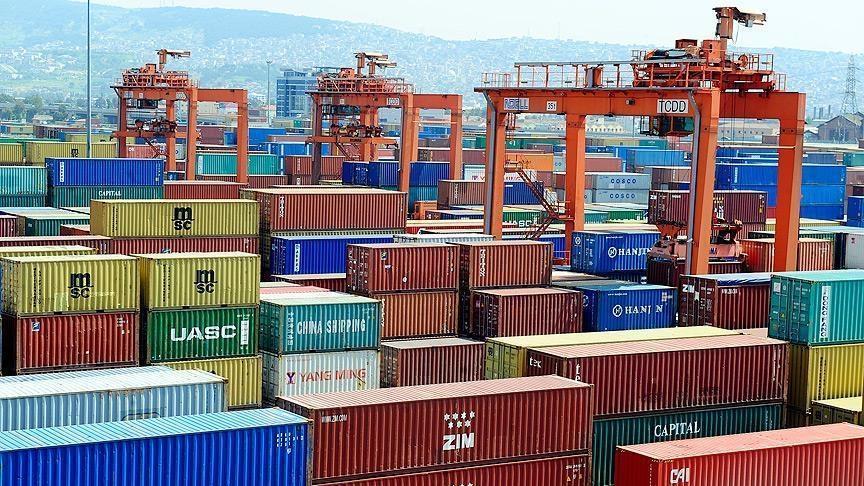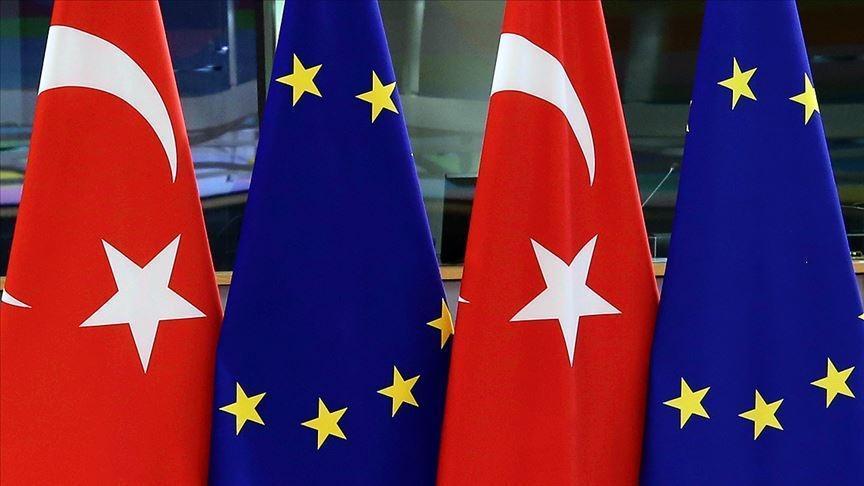Thousands of European jihadists blacklisted by Ankara

REUTERS Photo
The European “jihadists” going to fight in Syria via Turkey has for some time been a serious headache between Ankara and Western capitals. European decision makers are concerned that after becoming more radicalized in the civil war, these extremists could pose a grave threat when they come back.It is also an issue of concern for Washington, as FBI Director James B. Comey recently said that the problem of Americans traveling to Syria to fight in the civil war there had worsened in recent months and remained a major concern to U.S. law enforcement and intelligence officials.
“The Europeans let them [European jihadists] travel from their countries to Turkey and then asked Turkey to prevent them from going to Syria,” Customs and Trade Minister Hayati Yazıcı said recently. “Why do you let them leave? If you know they’re going to Syria then you should prevent them from travelling in the first place,” he said.
“Our citizens don’t tell us they are leaving the country to go and fight in Syria,” a European ambassador told me. “Often they travel to another country in Europe before entering Turkey to go to Syria.”
However, there have been cases where not enough has been done to prevent the journey, says a Turkish diplomat. “In one case in France, the mother of a young man came to the airport to ask Turkish Airlines to stop his son from taking the plane to go to Turkey, saying his son would go on to Syria. But Turkish Airlines has no such authority. They notified the French police, but after an interrogation the young man was set free,” he said.
In another case, German officials notified their Turkish counterparts that they had spotted two trucks near a German city carrying arms destined for Syria. “We stopped the trucks in Turkey obviously. But why is it that these trucks are not stopped in Europe?” lamented the Turkish diplomat. “At the end of the day we have the same difficulty. There are more than 30 million tourists coming to Turkey each year and we are trying our best to scrutinize.”
Some European officials in Turkey believe that the Turkish government initially turned a blind eye to radicals going to Syria in the hope that they would contribute to the speedy departure of Bashar al–Assad. But this is not a prevalent view among all Europeans. “This perhaps might have been the case in the past, but it is no longer so,” European diplomats in Ankara told me. “Rather, the current problems stem from the fact that we are in touch with the parts of Turkish state institutions that do not have the culture of cooperating with foreigners so much,” said one.
Turkish officials strongly deny accusations that they are turning a blind eye to European jihadists going to Syria through Turkish borders. More than 4,000 Europeans suspected of being radical Islamists have been blacklisted by the government, meaning that their entry to Turkey has been denied, according to Turkish officials. Over 500 suspected jihadists have been deported.
Despite initial frustrations, there is much better cooperation compared to the past, according to European envoys in Ankara. Gilles de Kerchove, the EU’s counterterrorism coordinator, came to Turkey recently and met with the justice and interior ministers. He also asked to see Hakan Fidan, the head of the National Intelligence Agency (MİT), but he was unable to meet him as Fidan was said to be abroad.











